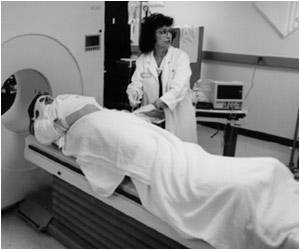Low-dose aspirin could help decrease the risk of developing cancer by 25 percent, says study.

Experts at Queen's University, Belfast, used information from the National Cancer Institute Prostate, Lung, Colorectal and Ovarian Cancer trial for a large scale investigation of the effect of aspirin and ibuprofen on head and neck cancer risk.
They found that people were 22 percent more likely to avoid developing head and neck cancers if they took aspirin on a weekly and monthly basis.
The medicine pill, dubbed "wonderdrug," was most effective in throat cancer prevention.
For those aged 55-74, there was a "significant" reduction of head and neck cancer risk between weekly and monthly aspirin use.
The study has been published in the British Journal of Cancer.
 MEDINDIA
MEDINDIA




 Email
Email










